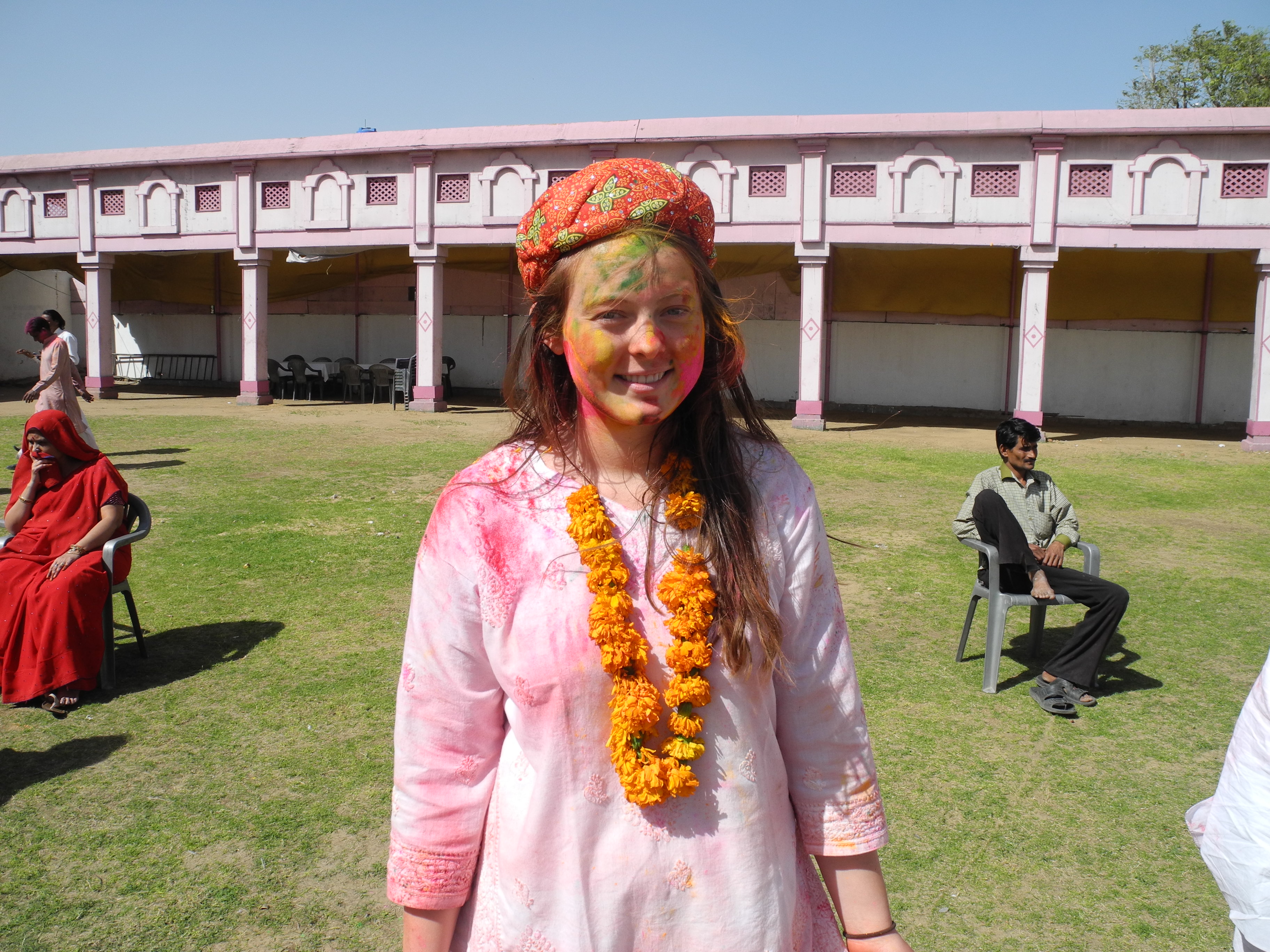Popular Volunteer Programs
- Teaching Volunteer Project
- Street Children Projects
- Orphanage Assistance
- Child Care volunteer Project

Popular Internships Programs
- Microfinance Internships
- Social Development Internship
- Public Health
- Medical Care & Treatment Internship

HIV/ AIDs Prevention and Care
Unlike developed countries, India lacks the scientific laboratories, research facilities, equipment, and medical personnel to deal with an AIDS epidemic. In addition, factors such as cultural taboos against discussion of sexual practices, poor coordination between local health authorities and their communities, widespread poverty and malnutrition, and a lack of capacity to test and store blood severely hinder the ability to control AIDS. India has among the highest number of persons living with HIV/AIDS in the world today. Some states experience a generalized epidemic with the virus transmitted from high-risk groups into the general population. A major challenge is to strengthen and decentralize the program to the state and district levels to enhance commitment, coverage and effectiveness.
 In India, as elsewhere, AIDS is often seen as “someone else’s problem” – as something that affects people living on the margins of society, whose lifestyles are considered immoral. Even as it moves into the general population, the HIV epidemic is still misunderstood among the Indian public. Adding to the suffering of people living with HIV, discrimination is hindering efforts to prevent new infections. While such strong reactions to HIV and AIDS exist, it is difficult to educate people about how they can avoid infection.
In India, as elsewhere, AIDS is often seen as “someone else’s problem” – as something that affects people living on the margins of society, whose lifestyles are considered immoral. Even as it moves into the general population, the HIV epidemic is still misunderstood among the Indian public. Adding to the suffering of people living with HIV, discrimination is hindering efforts to prevent new infections. While such strong reactions to HIV and AIDS exist, it is difficult to educate people about how they can avoid infection.
Volunteers on this project will be a valuable helping hand to social workers, local help groups and health clinics working in prevention of the disease and care of HIV infected.
You may be placed at an orphanage where children are living their day today life along with this disease. You help children and staff members to attain their daily routine efficiently. These centers are usually under staffed and under-funded, your help will be very valuable for them.
 Volunteer’s role and tasks:
Volunteer’s role and tasks:
Volunteers in this project will work with local health groups and will be responsible for a variety of tasks:
. Participate in awareness drives in underprivileged communities and slum areas.
. Carry out counseling activities, Training programs.
. Rendering help in treatment (volunteers with a medical/healthcare background only)
. Prepare and present educational programs
. Operational assistance as requested by local organizations; report writing, date collection.










